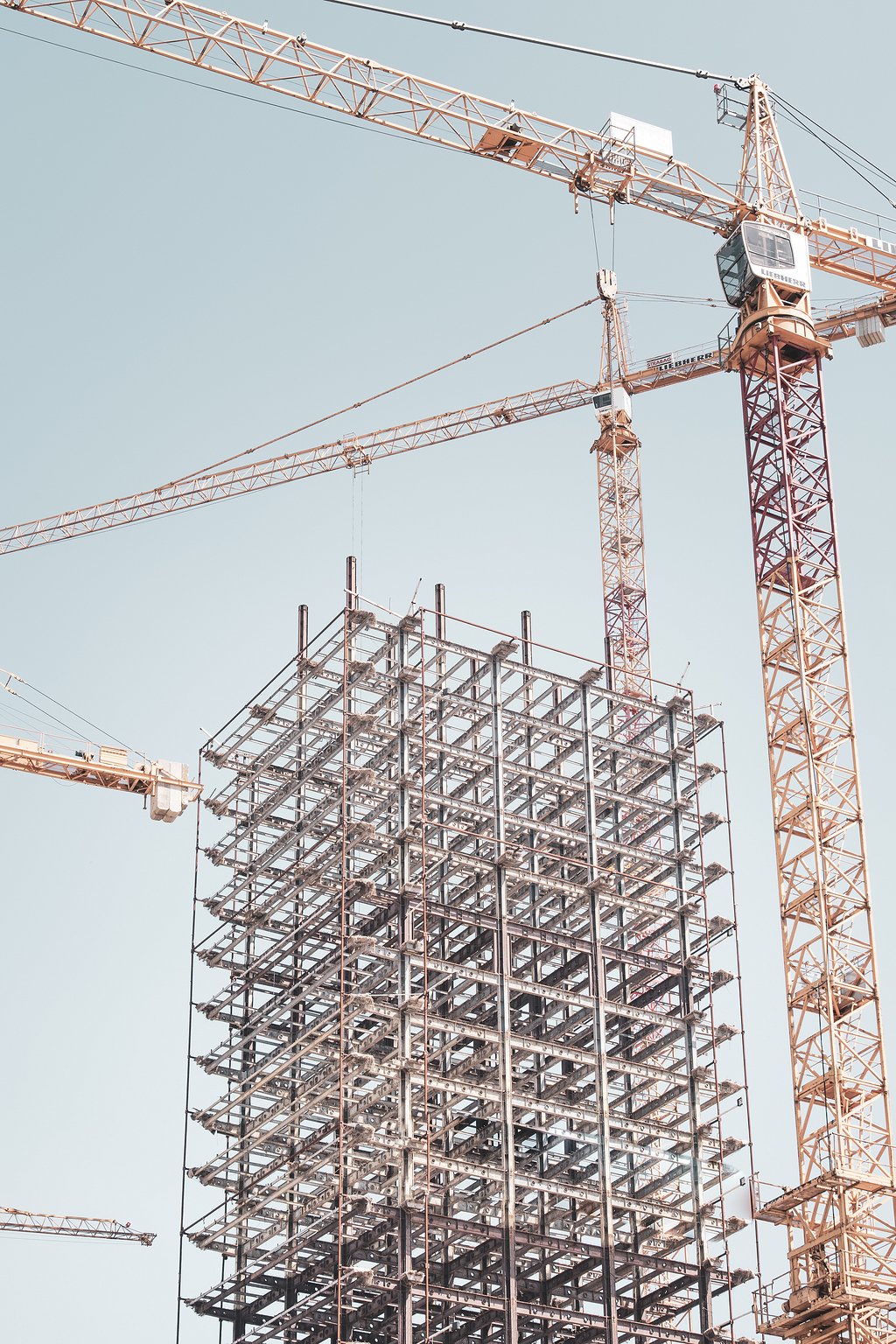نوامبر . 27, 2024 23:31 Back to list
Formwork Solutions for Wall Footing Manufacturing and Construction Needs
Formworks for Wall Footing Factories A Comprehensive Overview
In the realm of construction, the efficiency and quality of structural foundations are paramount. Wall footings play a crucial role in providing stability to the structures built upon them. Consequently, the design and production of formworks for wall footings have become a significant focus in the construction industry. This article explores the importance of formworks for wall footings, the different types available, and the key considerations for their use in factories.
Understanding Wall Footings
Wall footings are integral components of a building's foundation, designed to evenly distribute the weight of the walls above them onto the soil beneath. The importance of sturdy wall footings cannot be overstated, as they help prevent structural failures, reduce the risk of settling, and ensure long-term durability. The use of formworks is essential in achieving the desired shape and strength of these footings.
The Role of Formworks
Formworks are temporary or permanent molds used to support concrete until it gains sufficient strength. In the context of wall footings, formworks shape the concrete during the pouring process, ensuring that the footings adhere to the specifications outlined in the building plans. Properly designed and constructed formworks lead to high-quality footings, which ultimately contribute to the overall safety and stability of the structure.
Types of Formworks for Wall Footings
1. Traditional Timber Formworks This type comprises wooden planks that are assembled to create the desired shape. While cost-effective and relatively easy to use, timber formworks can be labor-intensive and may warp over time, affecting the quality of the footings.
2. Steel Formworks Steel formworks are known for their durability and strength. They can be reused multiple times, making them a cost-effective solution for larger projects. The precision and rigidity of steel formworks ensure that the final product—concrete wall footings—meets the necessary specifications with minimal defects.
3. Plastic or Composite Formworks These formworks are lightweight, easy to handle, and corrosion-resistant. They are suitable for various applications and can be used for both small-scale and large-scale projects. However, their high initial cost may deter some contractors.
formworks for wall footing factories

4. Precast Formworks In this method, formworks are manufactured in a factory setting and brought to the construction site. This approach can speed up the construction process, as precast wall footings can be quickly installed. Moreover, it minimizes waste and contributes to a cleaner job site.
Key Considerations for Using Formworks
When selecting formworks for wall footings in factories, several factors should be taken into account
- Material Choice The choice of material for formworks significantly impacts the overall quality of the wall footings. Contractors should evaluate the advantages and disadvantages of each type to determine the best fit for their specific project needs.
- Design and Planning Proper design is critical for effective formworks. Accurate planning involves not only the shape and size of the footings but also considerations regarding the weight of the concrete and the pressure it will exert on the forms.
- Cost-Effectiveness While initial costs may vary, it is essential to assess the long-term benefits of the chosen formwork in terms of durability and reusability. The most expensive option may not always yield the best overall value.
- Safety Safety regulations must be adhered to during the construction process. Proper installation and monitoring of formworks ensure that workers are protected from potential hazards associated with concrete pouring and curing.
Conclusion
Formworks for wall footings are foundational to the construction industry's pursuit of quality and safety. Understanding the various types, their advantages, and the key considerations in their usage can aid builders and contractors in making informed decisions. As technology continues to evolve, innovations in formwork design are likely to enhance efficiency and effectiveness in wall footing construction, ultimately contributing to safer and more durable structures.
-
Premium Ringlock Scaffolding | China Manufacturer & Supplier
NewsAug.19,2025
-
Efficient Table Formwork for Fast Slab Construction & Reusability
NewsAug.18,2025
-
Timber Beam H20 Formwork & Shuttering - Durable & Reliable
NewsAug.17,2025
-
Timber Beam H20: Premium Formwork & Shuttering Solutions
NewsAug.16,2025
-
Premium H20 Timber Beam for Formwork & Slab Shuttering
NewsAug.15,2025
-
China Single Sided Wall Formwork: Fast, Flexible Solutions
NewsAug.14,2025